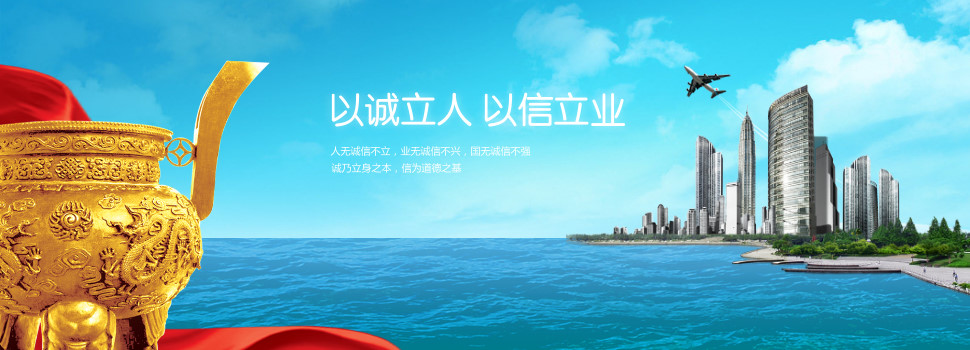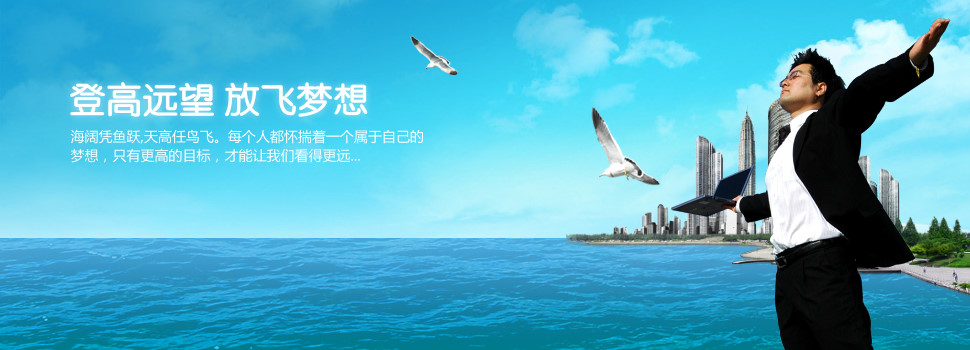What is the characteristic of protectionism and protectionism?
What is protectionism?
Trade protectionism means the international trade theory or policy which is restricted by tariff and various non-tariff barriers to protect domestic industries from foreign commodity competition. Tariffs, import quotas, foreign exchange control, cumbersome import and export procedures, discriminatory government procurement policy is an important means of international trade protection.
What are the new features of protectionism?
Trade protectionism has the following features: the main protection means from the tariff to non-tariff measures. A series of resolutions that have been formed in the international trade and tariff negotiations have greatly reduced the total tariff, so the countries turned to non-tariff measures to implement protectionist policies.. These measures are flexible, covert and restrictive, and the total world trade is more than half of the non tariff restrictions. II protection policy of products for more and more strong, such as for industrial products to limit and reduce and reduce, but the protection of agricultural products rarely loose, of industrial products in different commodities also have great difference. The distinction between countries and regions that are targeted at the protection policies is enhanced. Generally speaking, a country is always aimed at its own direct and strong competitors to strengthen the protectionist policies, while other countries are appropriate to relax. Most countries in the world are accounted for using the free trade and protectionism policy according to its own national conditions and competitors, to protection of national economic sustainable development and enhance its trade protectionism
Competitiveness in international. The purpose of protection. Mainly to protect the domestic market to promote the development of domestic productive forces. This early mercantilist trade protection purpose is not the same. Mercantilism to restrict imports and encourage exports, its purpose is to accumulate wealth of gold and silver; advocate of trade protection is in order to improve the productivity of wealth creation. The main ways are: export subsidies, import tariffs and import quotas. The state has widely used measures to restrict imports, protect the domestic market from foreign goods, and give preferential treatment to the country's goods and to encourage exports.. Focus of protection. The focus of the protection of the object is those of the state independence and economic development of the important industry. Lester believes that in a country of all kinds of industries, the industry is the most important, industrial productivity increased, and will drive the agricultural production level up. Therefore, he believes that agriculture does not need to protect, do not have to restrict the import of agricultural products, or can not get cheap food and raw materials from foreign countries, which will not conducive to the development of domestic industries. In the industry, not all departments need to protect. The need to protect the industry is the naive and the development of the future, is the need to invest heavily in the establishment of the building and the production of the most important necessities of life industry. Period of protection. The protection of domestic industry should not be indefinite, otherwise it will appear the protection of the protection and the low efficiency of the outcome of the end. Some are protected during a certain period of time in the industrial sector, when the prices of their products have been lower than the prices of similar foreign products, can reduce the degree of protection or to remove the protection, put into the international free competition in the market. Some protected industrial sector, after a certain period of protection is still not obvious progress, left the government to give help and support is still difficult to independent development, suggesting that they are not suitable to be protected, the government should remove protection to them, to fend for themselves. The maximum protection period for the industrial sector shall not exceed 30 years, otherwise it will not be conducive to the economic development and productivity improvement.




